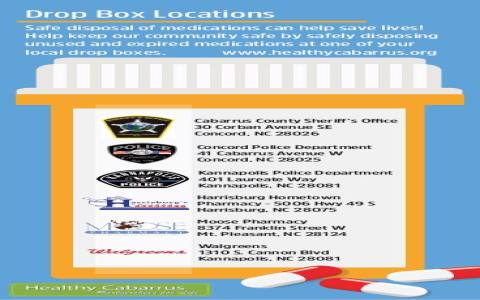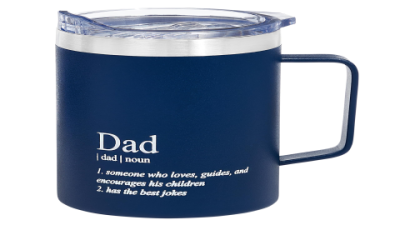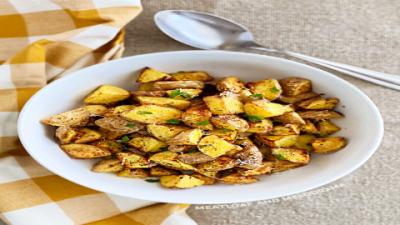We’ve all been there—digging through the pantry and finding cans that have been sitting around way past their prime. Those expired canned goods can be a bit of a mystery. Should you toss them? Recycle them? Or maybe even eat them? Spoiler alert: eating them is usually not the best idea, especially if the cans look suspicious. So, how do you get rid of expired canned goods without risking your health or harming the environment? Let’s dive into the nitty-gritty of disposing of those old cans safely and without any hassle.
First off, it’s important to understand why expired canned goods can be dangerous. Sure, cans are meant to keep food fresh for a long time, but they don’t last forever. Over time, the metal can rust, seals can break, and the food inside can spoil—sometimes in ways you can’t even see or smell. The scariest culprit here is Clostridium botulinum, a bacteria that can cause botulism, which is rare but seriously dangerous. This bacteria thrives in low-acid canned foods like veggies, meat, or fish if the can’s seal is compromised.
So, what should you look for when deciding if a can is safe or not? Here are some red flags:
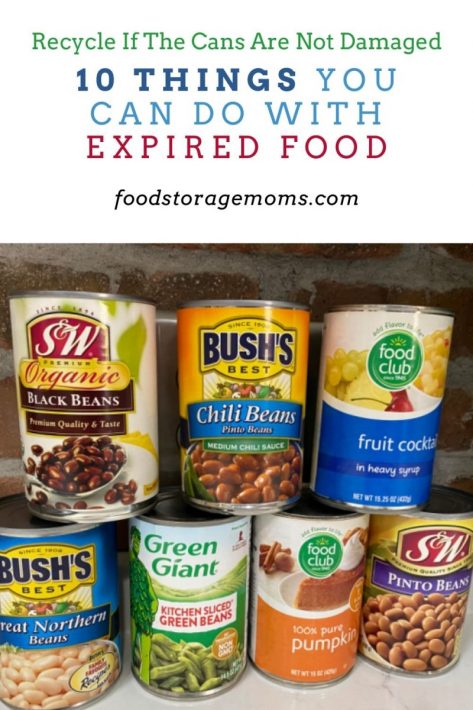
- Swollen or bulging cans (like they’re about to pop)
- Rusty or leaking cans
- Broken seals or lids that don’t seem tight
- Weird colors or textures inside jars
- Foul or sour smells when you open them
- Any kind of mold—white, blue, black, green—you name it
If you spot any of these, don’t even think about tasting the food. Just get rid of it.
Now, why does it matter how you throw these away? Well, tossing spoiled cans carelessly can be risky. For example, if you throw contaminated food in your compost, you might be spreading those nasty botulism spores around your garden. Pouring spoiled food down the drain can mess with water treatment systems. And broken cans or spilled food in the trash can be dangerous for the folks who handle waste. So, it’s worth taking a minute to dispose of expired canned goods the right way.
Here’s a simple step-by-step on how to do it safely:
1. Take a Good Look at the Cans
Before you do anything, check each can or jar carefully. If it looks fine—no bulges, leaks, or rust—and the seal is intact, you might still be able to use it or donate it if it’s not too old. But if anything looks off, it’s time to say goodbye.
2. Handle Suspicious Home-Canned Foods with Care
Home-canned low-acid foods (think veggies, meats) are the ones that worry experts the most because of botulism risk. If you see a swollen jar or it smells weird, don’t open it. Instead, put the unopened jar or can inside two heavy-duty plastic bags, seal them tight, and tape them up so nothing leaks out. Then toss it in the trash where kids and pets can’t reach it. If the container is already open or leaking, put on gloves before handling, clean up any spills with a bleach solution (about 1/ cup bleach to cups water), let it sit for 15- minutes, then wash the area well with soap and water.
3. What About Store-Bought Cans?
If the can looks okay and isn’t past its date by too much, you can usually toss it in the trash or recycle it if your local program accepts metal cans. But if the can is bulging, rusty, or leaking, treat it like hazardous waste—double-bag it before throwing it away. And don’t just pour the contents down the drain unless you’re 100% sure the food is safe.
4. Reusing Glass Jars
If you have glass jars from home-canned foods that went bad, don’t throw them out right away. You can sterilize and reuse them. Wash the jars and rings in hot, soapy water, then sterilize by putting them in a cold oven at 350°F for about hours. Just toss any rubber seals or lids that were on the spoiled jars—they shouldn’t be reused.
What about the environment?
Disposing of expired canned goods isn’t just about safety—it’s about being kind to the planet too. The safest bet for contaminated cans is landfill disposal since modern landfills are designed to handle hazardous materials. Avoid composting spoiled canned foods, especially low-acid ones, because you could spread harmful bacteria in your garden. If your town offers hazardous waste collection, that’s a great option to check out. Recycling is awesome, but only if the cans are clean and safe.
| Condition of Canned Goods | Recommended Disposal Method | Notes |
|---|---|---|
| Intact, sealed, no spoilage signs | Use or donate if within date; recycle or trash | Safe to consume if within shelf life |
| Swollen, leaking, or spoiled cans | Double bag and dispose in trash or landfill | Avoid opening; wear gloves if opened |
| Home-canned low-acid suspected botulism | Double bag unopened jars; dispose in trash/landfill | Follow CDC biohazard guidelines |
| Opened contaminated jars | Wear gloves; clean spills with bleach; double bag waste | Sterilize jars if reusing; discard lids |
| Glass jars from spoiled food | Sterilize jars and rings; discard seals | Reusable after sterilization |
Some common questions people ask:
Q: Can I just pour expired canned food down the drain?
A: It’s best not to, especially if you think the food is spoiled or contaminated. Pouring bad food down the drain can cause problems with water treatment and pollution.
Q: How long do canned goods really last?
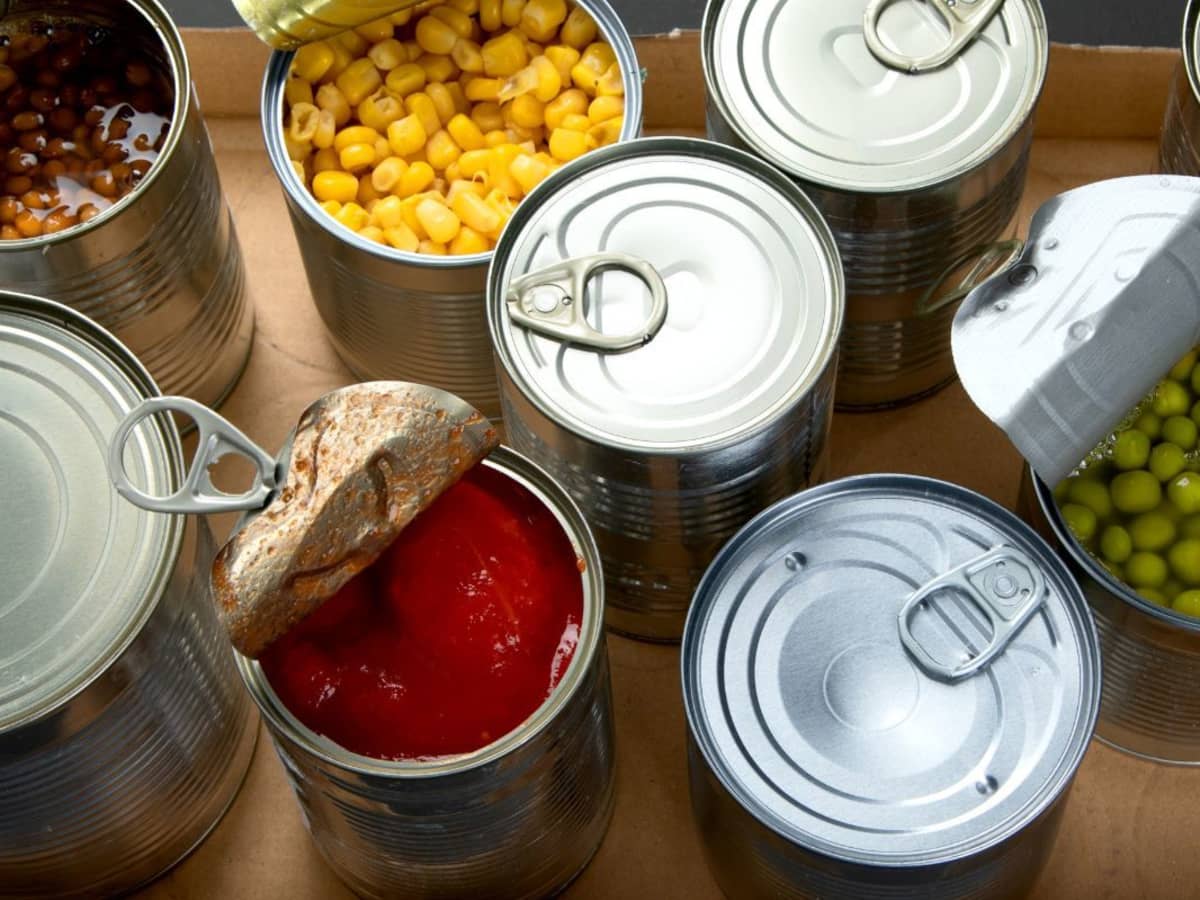
A: Commercial canned foods usually last to years if stored properly. Home-canned foods are best eaten within a year for safety and taste.
Q: Can I reuse glass jars from expired canned foods?
A: Yes, but make sure to sterilize them properly and throw away any rubber seals or lids that were on spoiled jars.
Q: What if I find old home-canned jars with no labels?
A: When in doubt, it’s safest to throw them away using the double-bag method. Don’t open or taste them if you’re unsure.
Q: Is it okay to compost expired canned food?
A: No, especially not low-acid canned foods. Composting spoiled canned goods can spread harmful bacteria in your garden.
In short, throwing away expired canned goods isn’t just about getting rid of old food. It’s about doing it safely, protecting your family, your pets, and the environment. When you find those cans that have been forgotten for years, take a moment to check their condition. If they’re bad, double-bag and toss them carefully. If they’re still good, enjoy or share them before they expire. And remember, when it comes to home-canned foods, it’s better to be safe than sorry.
If you ever feel unsure, don’t hesitate to check with trusted sources like the CDC, USDA, or your local extension office. They can give you advice tailored to your area and help you keep your kitchen safe and your conscience clear.
